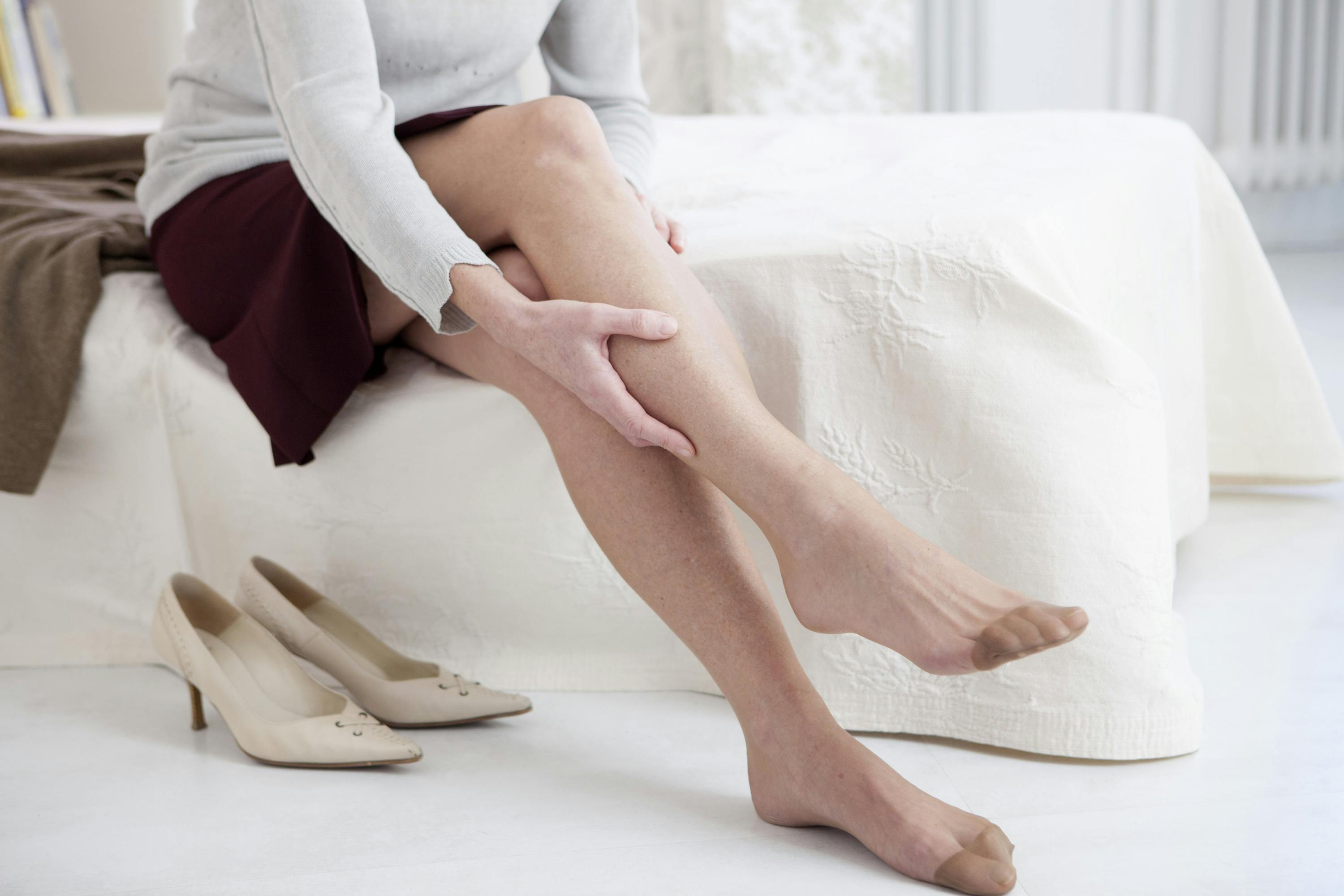Your feet in menopause

Menopause is a natural phase in a woman's life, marking the end of her reproductive years. While many are familiar with common symptoms like hot flushes, mood swings, and changes in libido, there are several less-discussed effects of menopause, including its impact on your feet. Yes, you read that right – menopause can affect your feet in various ways, and it's important to be aware of these changes to ensure you maintain your overall well-being. In this blog post, we'll explore the lesser-known aspects of menopause and how it can affect your feet.
Decreased Bone Density
One of the significant effects of menopause is a decrease in bone density, often leading to osteoporosis. As estrogen levels decline during menopause, bones become less dense and more fragile. This can affect the bones in your feet, making them susceptible to fractures and stress fractures, even from activities as simple as walking. To combat this, it's essential to maintain a healthy diet rich in calcium and vitamin D and consider discussing bone health with your healthcare provider.
Changes in Foot Shape and Size
Many women report changes in foot shape and size during menopause. Hormonal fluctuations can lead to ligament laxity and fluid retention, which may cause your feet to widen and flatten. This can result in the need for new shoes and orthotic inserts to accommodate these changes comfortably. Regularly measuring your feet and investing in well-fitting footwear can help mitigate discomfort and potential foot issues.
Increased Risk of Foot Pain
As oestrogen levels drop, women may experience an increase in overall body pain, including joint and muscle discomfort. This can extend to your feet, leading to conditions like plantar fasciitis and arthritis, which can cause chronic foot pain. Stretching exercises and proper foot care, such as icing and elevating your feet, can help alleviate some of this discomfort. If pain persists, consult with a podiatrist or healthcare provider for treatment options.
Dry and Thinning Skin
Hormonal changes during menopause can lead to dry and thinning skin. This can affect your feet, making them more susceptible to cracks, calluses, and fungal infections. It's essential to keep your feet moisturized and practice good foot hygiene. Regularly inspect your feet for any signs of fungal infections or wounds and seek prompt treatment if needed.
Reduced Circulation
Menopause can also lead to reduced circulation in the extremities, including the feet. Poor circulation can result in cold feet, numbness, and a higher risk of developing conditions like peripheral artery disease (PAD). Maintaining a healthy lifestyle, including regular exercise and a balanced diet, can help improve circulation and minimize these risks.
Conclusion
Menopause is a significant life transition for women, and its effects extend beyond the well-known symptoms like hot flushes and mood swings. Your feet, as vital parts of your body, can also be affected by the hormonal changes that occur during this time. To ensure your feet remain healthy and pain-free during menopause, it's crucial to stay proactive. Regularly check in with a healthcare provider or podiatrist, maintain proper foot hygiene, invest in well-fitting shoes, and prioritize your overall bone and circulatory health. By understanding and addressing these changes, you can continue to put your best foot forward as you navigate the journey through menopause.